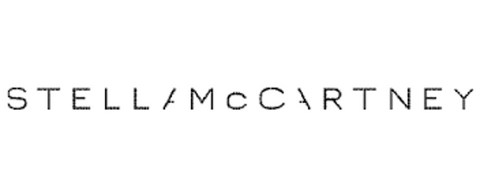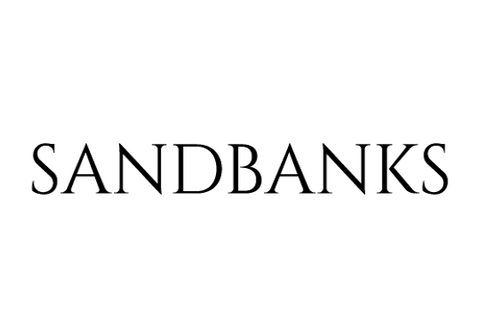11 examples of innovative sustainable and ethical fashion brands
From circular design, sustainable materials, and better manufacturing processes, to repair and reselling services. Let us highlight a broad range of innovative sustainability strategies adopted by brands that are leading the way when it comes to reducing their environmental and social impact.
The textile & fashion industry is the planet's third-largest polluter, after food and construction. But more and more people are becoming aware of the ecological impact of their purchasing choices. This is why they are demanding greater transparency from companies about their production systems in order to find the best sustainable and ethical fashion brands.
What makes a sustainable and ethical fashion brand?
Sustainable and ethical fashion brands are those that take into consideration the social and environmental impact of their production. Sustainable fashion brands use sustainable materials, such as organic cotton and bamboo, and ethical manufacturing practices, such as Fair Trade.
But there is a big difference between claiming to be an ethical and sustainable fashion brand, and truly being one.
The phenomenon of greenwashing
Greenwashing is when a company makes false or misleading claims about its environmental or social impact in order to appear sustainable or ethical.
Many fashion brands have been guilty of greenwashing, especially in the fast fashion industry.
However, here is a list of 11 brands that are leading the way with their innovative approach to sustainability.
11 examples of innovative sustainable and ethical fashion brands

Patagonia is an American outdoor clothing company that deals with sustainable practices both in its products and in the way it does business. It uses recycled materials, and it has a "repair & return" policy for defective items.

The US clothing company Eileen Fisher follows sustainable practices, such as using organic cotton and linen, recycled fabrics, and natural dyes. It also has a second-hand shop and a "take back" program for its clothing.

Save the Duck is a sustainable fashion brand that does not use any animal products. On the contrary, it uses sustainable materials like organic cotton and bamboo, and manufactures its clothing in fair trade certified facilities.

Everlane is a direct-to-consumer apparel brand that follows ethical manufacturing practices. Everlane only works with factories that meet its high standards for worker treatment, and it is transparent about the locations and practices of its partner factories.

Levi's follows sustainable practices, such as using recycled materials, and has a "repair & return" policy to extend the life of the clothes.
The dyes in the Levi's® Fresh collection come from natural sources, while innovations in technology and production techniques ensure fewer resources consumption and waste production.

UK's Stella McCarthy is an example sustainable and ethical luxury fashion brand. It uses sustainable materials (organic cotton, recycled polyester, redesigned cashmere and ethically sourced wool, recycled fabrics), avoids fur or leather, and has a 100% PVC-free sustainable packaging. It is also transparent about the carbon footprint of its products.

Another luxury fashion brand that uses sustainable materials like organic cotton and bamboo. It also avoids the use of materials that are not recyclable, plastics, polyester and acrylic. It prefers sustainable leather. Vivienne Westwood also follows fair trade practices and manufactures clothing in Fair Trade certified facilities.

The products of luxury fashion brand Sandbanks, are made almost entirely from recycled and regenerated materials derived from post-consumer plastic waste found in the oceans and landfills. The brand is carbon neutral and uses Ecologi to offset carbon emissions generated at every phase of the garment journey, fromdesign to customer.

This German sustainable and ethical fashion brand uses eco-friendly materials and avoids fur and leather. It limits the use of water and chemicals and chooses renewable energy. It tracks most of its supply chain and ensures payment of a living wage in most cases.

Soseaty relies on a short supply chain and uses certified, recycled and biodegradable materials. Most of their factories are within 100km of their headquarters in Vicenza, Italy. The brand integrates the principles of circular economy. In fact, consumers can return used garments when they purchase new ones, in return for a 20% discount.

This Netherlands-based brand produces jeans that contain around 40% recycled denim from discarded jeans, while reducing water consumption by over 90%. Furthermore, the company is compliant with the principles of the circular economy. In fact, consumers can rent the jeans for a year, then can exchange them for another pair or return them to the company for recycling.






















